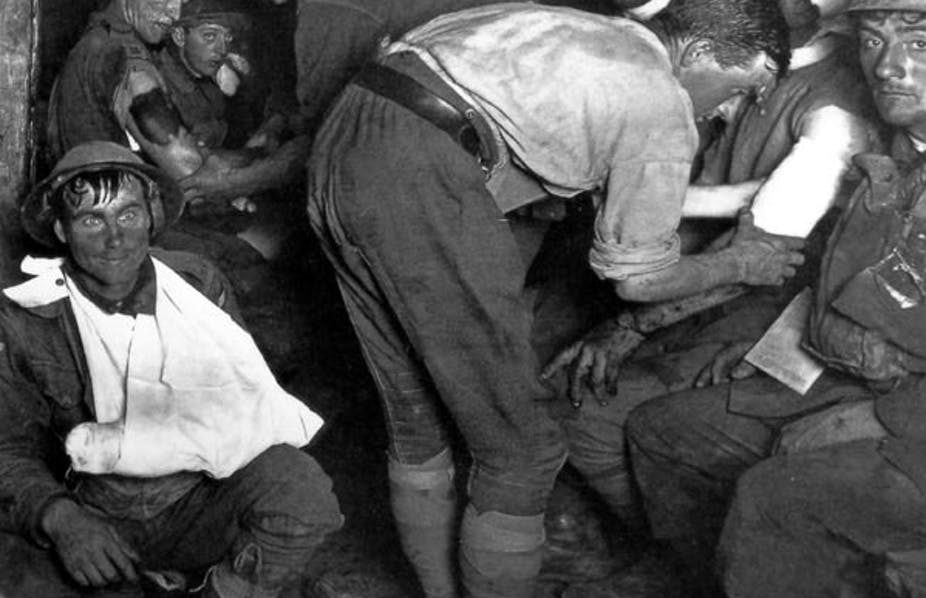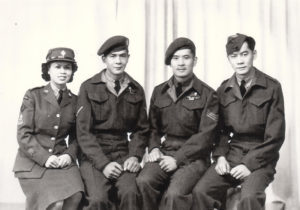Video by Alexandra Holyk
Timeline by Stephanie Davoli
By Caleb Hooper
Although the stigma surrounding mental health has been reduced in recent years, the Canadian military falls short in supporting the mental health of its veterans.
During the First World War, there was little to no recognition of mental health as a factor in the overall health of soldiers.
It was not until 1980 that PTSD (Post-traumatic stress disorder) was officially classified as a psychiatric condition (see timeline).

“I would say certainly changes evolved from ideas of shellshock, which was equated with cowardice, to now PTSD, which is equated with a medical condition in need of support,” said Principal Investigator of the Social Psychiatry Research and Interest Group (SPRING), Dr. Robert Whitley.
Today, about one in five Canadian Veterans have problems with mental health at some point in their lives, according to Veterans Affairs Canada.
According to the National Council for Behavioral Health, the number of veterans in the United States in need of mental health support that end up getting it are less than half.
Taking a preventative approach and fighting stigma
Assistant Professor at Charleston Southern University Kate Hendricks Thomas believes that there is a lot that can be done to prevent shock injuries in veterans and soldiers.
“The military is never going to get excited about treatment, but they will get excited about training for peak performance… That’s how I like to frame mental fitness work.”
Timeline: A historical look at mental health and the military that reveals progression and where improvement is necessary (Stephanie Davoli/JRN270)
According to Thomas, a major cause of mental health stigma in the military comes from a cultural “veneer of perfection and stability”, where seeking care is considered weak.
“Nervous system regulation, self-care practices, you know, some of the work that we can do to improve mental health—I like to frame them as prevention, as training.”




Leave a Reply